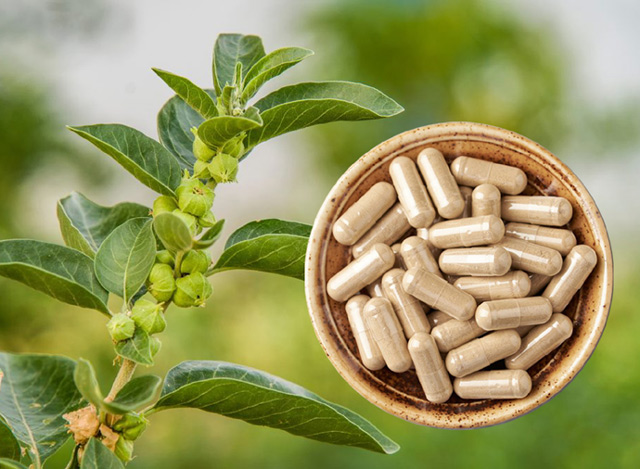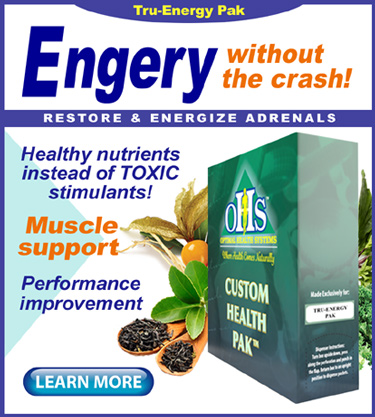A 2023 survey by the American Psychological Association found that 89 percent of U.S. adults feel stressed during the holiday season. “Holiday season” typically refers to the roughly six-week period between Thanksgiving and the first week after New Year’s Day.
In addition, the survery found 41 percent felt their stress level was higher than any other holiday or events during the year.
Fourtunately science has shown that eating well, sleeping well and exercising can offset the seasonal stress.
And, according to a new study, taking ashwagandha supplements can help.
Herb with ancient history
Ashwagandha, also known by the scientific name Withania somnifera, is an evergreen shrub in the Solanaceae or nightshade family. It grows natively in India, the Middle East, and parts of Africa. Several other species in the genus Withania are morphologically similar.
According the American Herbal Pharmacopoeia, ashwagandha has a history of use in Ayurvedic Medicine dating back well over 3,000 years.
Written and documented medicinal use of ashwagandha is thought to have first appeared in the teachings of renowned scholar Punarvasu Atreya. It was then further recorded in subsequent works that make up the extensive tradition.
According to Ayurvedic Medicine practitioners, and coroborated by many western researchers, ashwagandha’s medicinal properties are extensive. It is a naturally occurring adaptogen—meaning it has the ability to help the body “adapt” to stressors such as anxiety, depression, mental stress, lack of energy and irritability.
Ashwagandha also has antioxidant properties and combats inflammation. It has also been shown to support endocrine function, and to provide an immunomodulatory effect in the body.
Recent research, including a June 2024 study conducted at Texas A & M University, continue to highlight ashwagandha’s support of cognitive function.
Current study
In the new study an ashwagandha extract was associated with improvements in self-reported stress and morning cortisol levels. The extract used in the study was provided by an established Indian herbal supplement manufacturer.
The randomized, placebo-controlled study involved 60 healthy adults who reported higher-than-normal levels of stress and anxiety at baseline. The study was conducted at Nirmal Hospital in Jhansi, India.
Study participants were randomized to take either a placebo, or one of two doses of ashwagandha—60 mg (considered a low dose) or 120 mg (considered a high dose).
It is important to note that categorizing low and high doses is somewhat subjective when comparing milligrams. An important consideration is the amount of withanolide glycosides—the active ingredient in ashwagandha—that the product has been concentrated (or “standardized”) to.
For this study the product had been standardized to 35% withanolide glycosides, so it is appropriate to consider 120 milligrams a “high” dose. However, a less concentrated ashwagandha powder—as typically sold at large retailers—may require a large scoop in order to ingest the same amount of actual glycosides.
Study results
After the 60-day treatment period, volunteers in both ashwagandha extract groups showed significantly reduced levels of stress and anxiety. Specifically, there was a 59% greater reduction in scores on the Hamilton Anxiety Rating Scale compared to placebo.
According to the researchers, the morning measurements of blood cortisol levels were lowered by 66% and 67% in those taking low and high doses of the extract, respectively. Meanwhile, cortisol levels only changed by 2.2% in the placebo group.
A major bonus for men who took the ashwagandha extract was that the scientists also observed significant increases in testosterone levels.
Test subjects weigh in
In addition to blood tests, reports by the test subjects themselves, along with observations by the technicians organizing the research, were also used for corroboration.
The study subjects themselves reported reductions in stress levels via the Perceived Stress Scale—a standardized industry assessment. Additionally, subjects in the treatment group had significantly greater improvements in the Clinical Global Impressions assessment, which is a measurement of how a clinician views the subject’s overall functioning before and after the intervention.
The study was published in Heliyon in September 2024.
– – –
Ashwagandha can be found in the following Optimal Health Systems products:
• Optimal Cort-Adrena
• Stress/Anxiety Relief Pak
• Tru-Energy Pak
– – –
Sources: Heliyon, JustAPedia.org.


